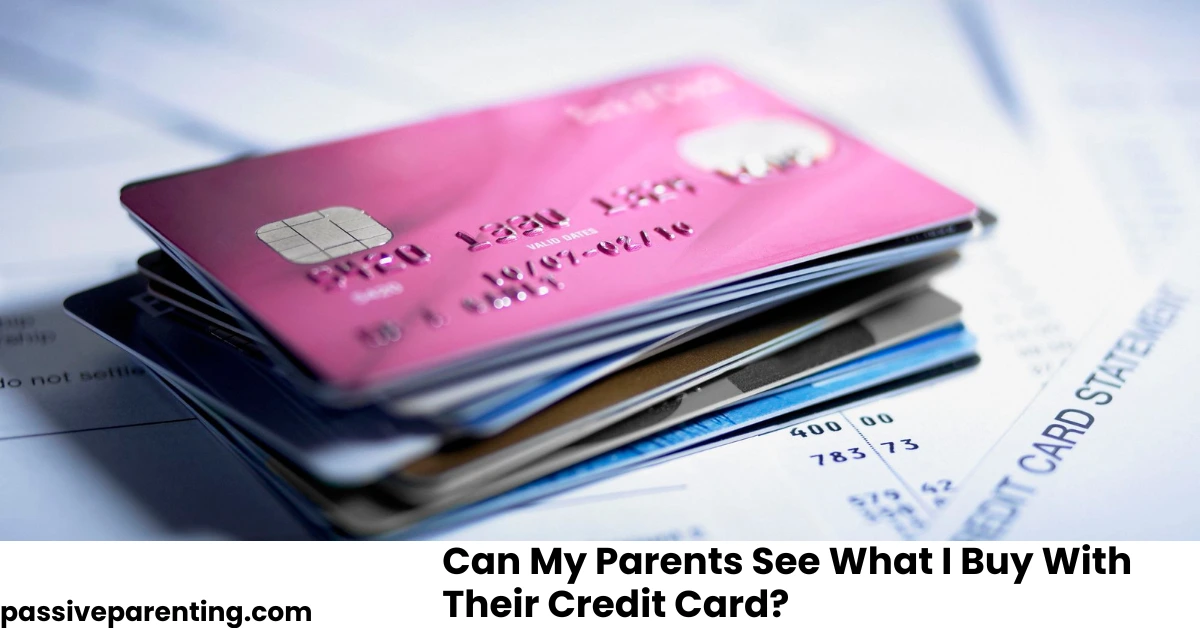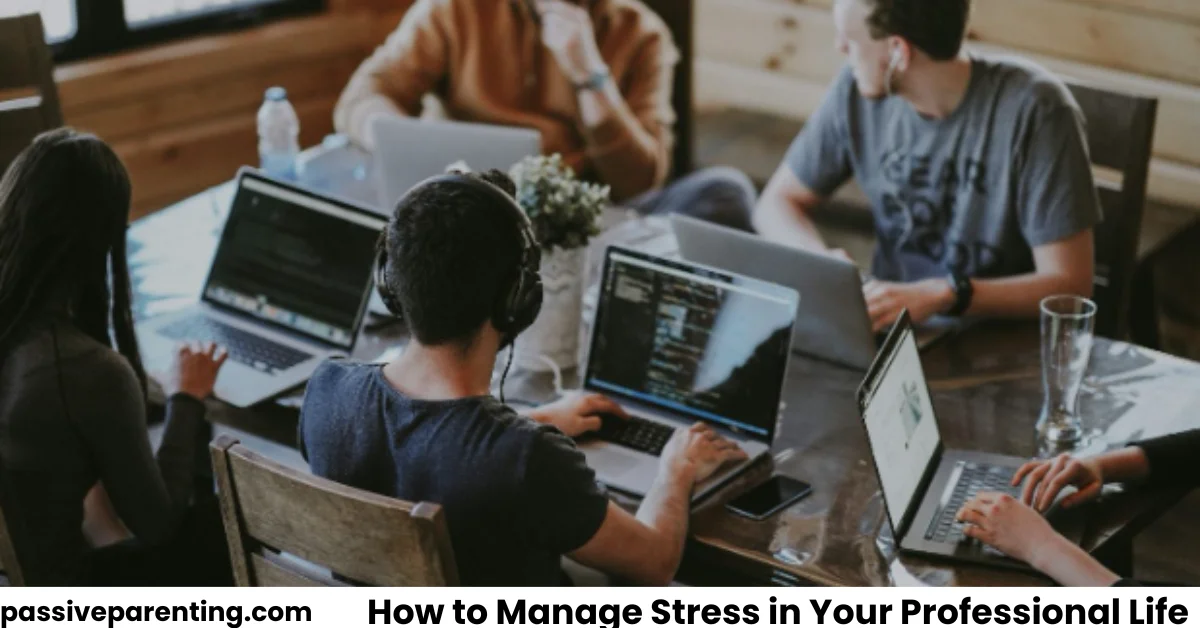Whether you’re buying something online or swiping your parents’ card at a store, the question arises: Can my parents see what I buy with their credit card? The short answer is yes—but the level of detail depends on how and where the purchase is made. This guide breaks down how credit card statements work, what information is visible to cardholders, and what to know before making purchases on someone else’s account.
How Credit Card Transactions Are Tracked
Every credit card purchase leaves a digital footprint. When you use a card, the merchant sends transaction details to the credit card issuer. These details are compiled into a monthly statement accessible to the primary cardholder—typically your parent.
What’s Included on a Credit Card Statement?
- Merchant name and location
- Date of purchase
- Amount spent
- Transaction category (e.g., entertainment, dining, retail)
While your parents won’t see every product you purchased, the merchant name (like “Amazon” or “GameStop”) and total amount are clearly listed.
Can Parents See Online Purchases Made With Their Card?
Yes, parents can see that a purchase was made online. If the transaction was with a known online retailer, like Amazon or eBay, the name of the site and the charge amount will appear on the billing statement.
Hidden From the Statement?
- The specific item(s) usually aren’t listed—unless they check order confirmation emails, store accounts, or receipts.
- Subscriptions or digital goods (like gaming skins, OnlyFans, or streaming content) will still show the vendor’s name.
Tip: If your parent has access to the email tied to the account or receives real-time transaction alerts, they may know what you bought almost instantly.
Debit Card vs. Credit Card: Is There a Privacy Difference?
Debit and credit cards both show similar purchase details, but credit cards usually have better tracking tools and fraud alerts.
- Credit card issuers may offer real-time app notifications.
- Bank accounts linked to debit cards can be set to alert the cardholder whenever a transaction is made.
According to Experian, most credit cards now offer customizable transaction alerts and fraud detection features.
Either way, if you used your parent’s card, they can see it.
Shared Accounts vs. Authorized Users
Understanding the difference between being an authorized user and sharing an account is crucial. Each setup affects how much purchase information parents can access.
Primary Cardholder
This is typically your parent. They receive all statements and have complete visibility into every transaction.
Authorized Users
If you’re listed as an authorized user:
- You get your own card.
- But your transactions still show up on your parent’s statement.
So yes, they can still see what you’re spending money on—even if it’s technically your card.
Does the Type of Purchase Matter?
Certain purchases may be more obvious than others based on vendor names.
| Purchase Type | What Appears on Statement |
|---|---|
| Amazon Order | “AMAZON MKTPLACE” |
| iTunes/App Store | “APPLE.COM/BILL” |
| Steam Game | “STEAMGAMES.COM” |
| Restaurant | Name of the restaurant |
| Online Subscriptions | Vendor name (e.g., Netflix, Hulu) |
Some purchases might raise questions simply because of the nature of the merchant. A charge at “ULTRAADULT.COM” won’t hide behind anonymity.
Can You Hide Purchases From Credit Card Statements?
The short answer: not really.
What You Can’t Do:
- You can’t delete or edit the credit card transaction history.
- You can’t remove a purchase after it’s posted.
- Even refunding the item still shows the initial charge and a separate refund.
What You Can Do:
- Use prepaid cards or gift cards if you want more privacy.
- Pay with cash when possible.
- Get your own debit or credit card if you’re of age and eligible.
Important: Hiding purchases can breach trust and may be considered fraudulent if you’re not an authorized user.
What About Notification Alerts?
Many parents enable text or email alerts through their credit card provider’s mobile app or online banking system.
These alerts may include:
- Real-time purchase details
- Amount charged
- Location or merchant info
The Federal Trade Commission (FTC) advises consumers to monitor credit card transactions via alerts to prevent fraud and misuse.
So even if you think they won’t notice until the end of the month, these alerts might reveal the purchase instantly.
Can Parents Request More Details from the Credit Card Company?
Generally, credit card companies do not provide itemized receipts. However, your parents could:
- Log into your account if they share the login.
- Call the store or visit the merchant’s website to request more info.
- Check saved emails or order history if it’s under a shared account.
Is It Illegal to Use Their Credit Card Without Permission?
Yes. Using someone’s credit card without permission is illegal, even if it’s your parent’s.
It Could Lead To:
- Credit card fraud charges
- Refund disputes or account holds
- Loss of trust or legal consequences
The U.S. Department of Justice outlines that unauthorized use of credit card information, even within families, may be considered fraud.
To stay safe and avoid conflict, always ask before using their card—even if they’ve let you use it before.
Can They See What I Bought from Amazon?
They’ll see that a purchase was made from Amazon, but not the exact items—unless:
- They have access to the Amazon account.
- They check order confirmation emails.
- They receive app notifications from Amazon.
What If You Use Apple Pay or Google Pay?
Even if you use Apple Pay or Google Pay, your parent’s credit card is still charged, and the transaction still shows on the statement.
These services don’t hide your purchases; they’re simply digital wallets connected to the same card.
Can I Use a Different Payment Method to Keep Purchases Private?
Yes. Consider these safer alternatives:
- Prepaid Visa/Mastercard gift cards
- Cash
- Your own bank account or credit card
- Buy Now, Pay Later services (like Klarna or Afterpay)—but only if it’s linked to your own payment method
Remember: If you want privacy, using someone else’s card is never truly private.
What to Do If You Made a Purchase Without Permission
Accidental or unauthorized purchases can lead to misunderstandings or consequences. Learn the steps to resolve the issue and protect your financial responsibility.
1. Tell Your Parent Immediately
Honesty goes a long way. Explain what you bought and why.
2. Offer to Repay
Show responsibility by reimbursing them.
3. Cancel or Return the Item (if possible)
That may prevent a bigger problem later.
4. Set Boundaries
Ask if they’d prefer to set up a teen card or allow limited-use access next time.
Protecting Your Own Privacy as a Young Adult
If you’re 18+, consider building your own financial independence:
- Apply for a student credit card or secured credit card
- Open your own checking account
- Start budgeting with tools like Mint or YNAB
Learning to manage your finances privately also means learning to spend responsibly.
FAQs: Can My Parents See What I Buy With Their Credit Card?
Conclusion
In summary, if you’re wondering “can my parents see what I buy with their credit card?”—the answer is yes. While they may not see the exact items, credit card statements clearly show the merchant name, transaction amount, and date of purchase. Whether it’s an Amazon order, a gaming platform, or a subscription, these details are traceable. Using someone else’s credit card without permission—parent or not—is risky and potentially illegal. If privacy is important to you, consider using your own prepaid card or bank account. Ultimately, responsible spending and honest communication are the best ways to maintain trust and avoid unnecessary conflicts.




